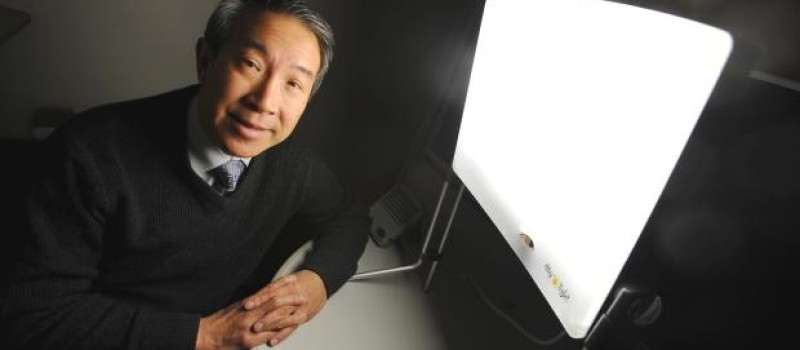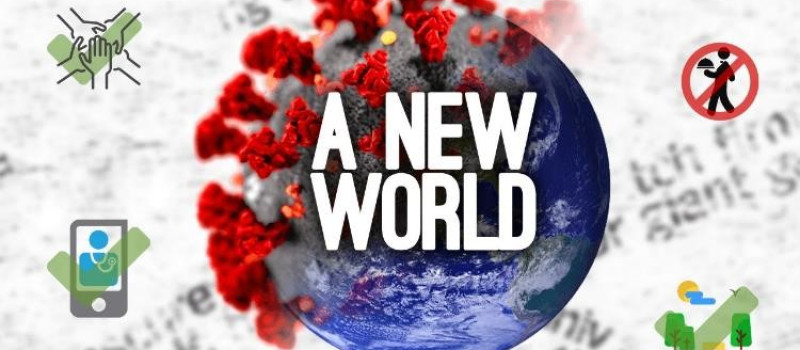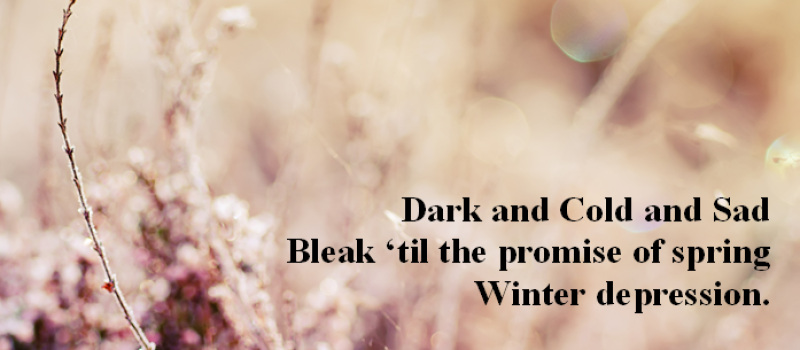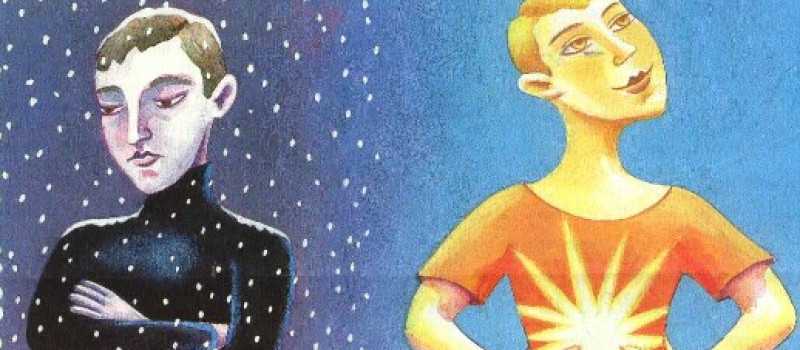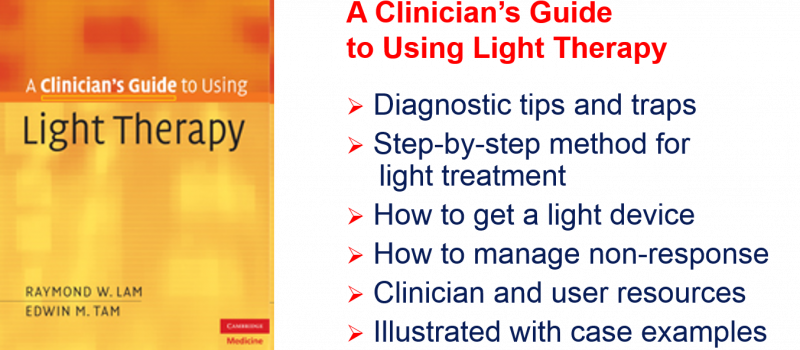Welcome to
SAD and Light Therapy Information
from the UBC Mood Disorders Centre
What is SAD and Light Therapy?
Many people may feel mildly “depressed” during the winter, but some people have more severe bouts of feeling down all the time, low energy, problems with sleep and appetite, loss of interest, and reduced concentration, to the point where they have difficulty functioning at work or in the home. We say that these people have clinical depression, or “major depressive episode”, to distinguish these more severe symptoms from normal everyday ups and downs.
Seasonal affective disorder (“affective” is a psychiatric term for mood), or SAD, describes people who have these clinical depressions only during the autumn and winter seasons. During the spring and summer, they feel well and “normal”. For this reason, SAD is sometimes called winter depression.
Other common symptoms of SAD include oversleeping, extreme fatigue, increased appetite with carbohydrate craving, overeating, and weight gain. With more severe episodes, people may have suicidal thoughts.
The good news is that there are many effective treatments for SAD, including light therapy, a safe and easy-to-use medical treatment. Light therapy is now also demonstrated to be effective for nonseasonal depression (major depressive disorder) and bipolar depression.
This website provides medically-validated information and resources on SAD and light therapy for the public and for health care professionals, compiled by psychiatrists with expertise in diagnosing and treating SAD and depressive disorders at the UBC Mood Disorders Centre in Vancouver, Canada.
The SAD and Light Therapy Information site is funded entirely by the Mood Disorders Centre. We do not receive commercial funding for this website or post commercial advertising.
The information provided on this site is designed to support, not replace, the relationship that exists between a patient/site visitor and their existing physician.
